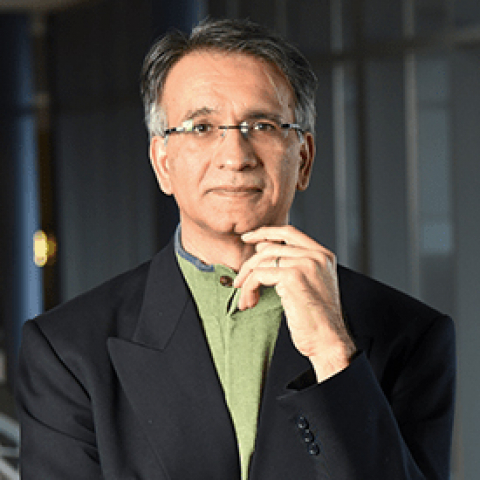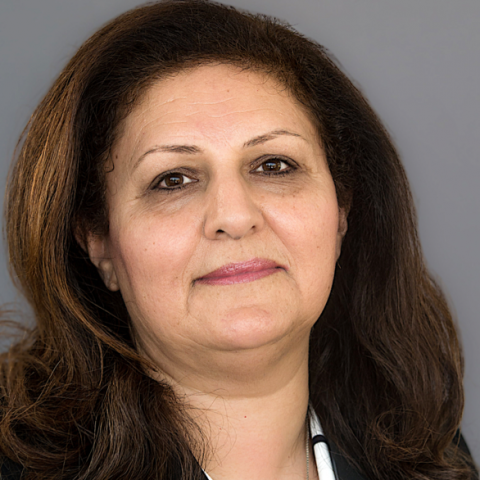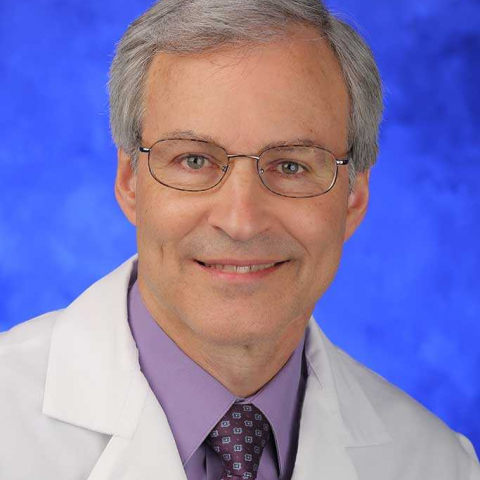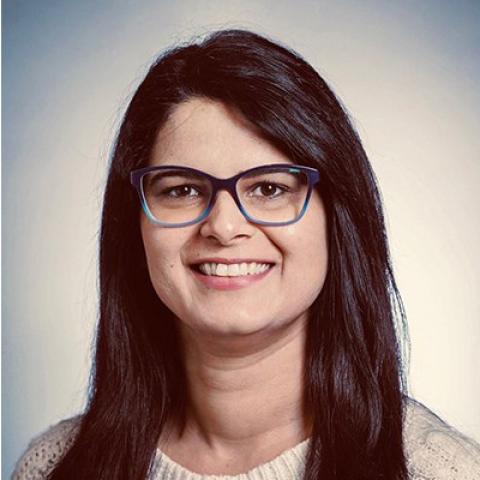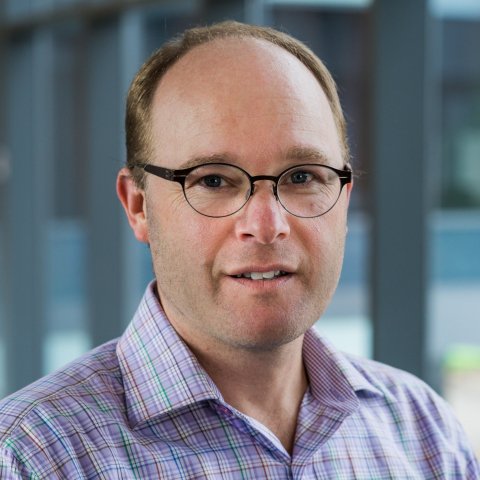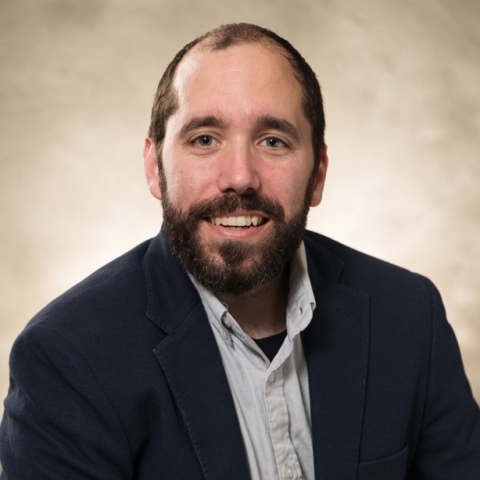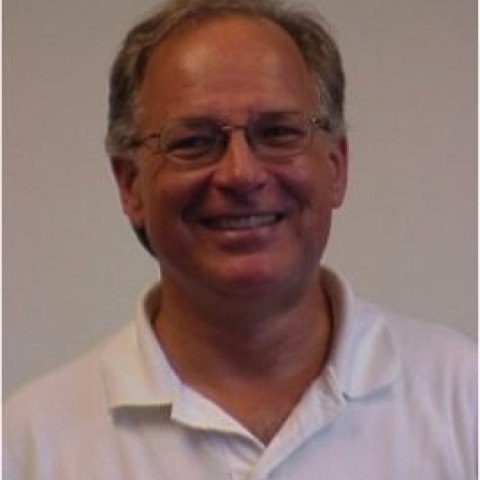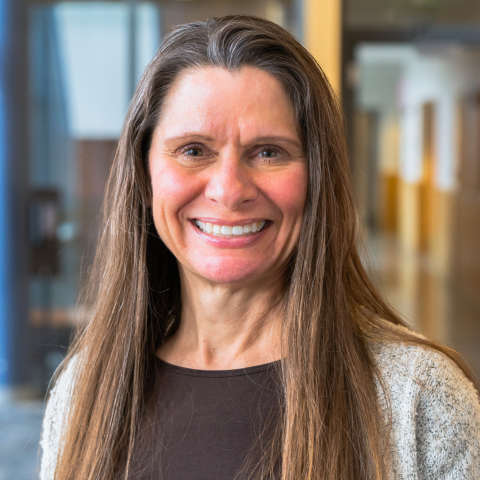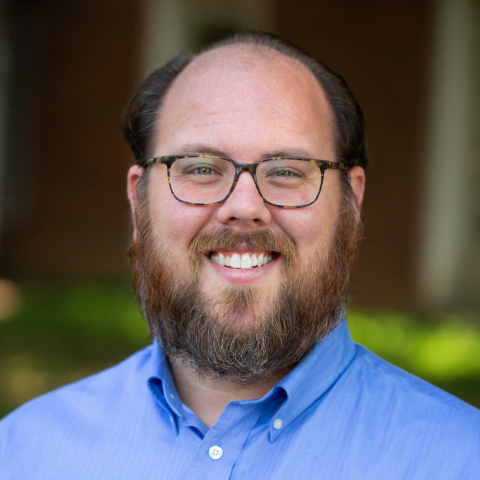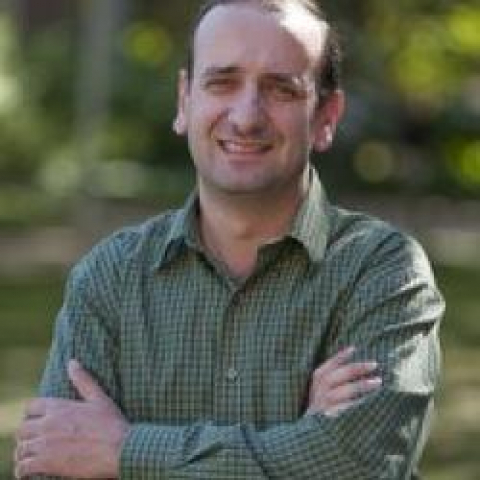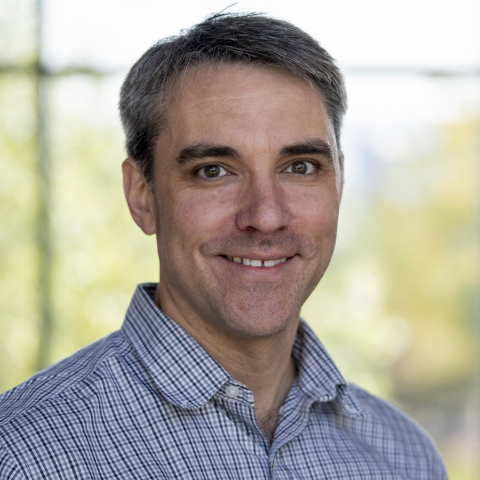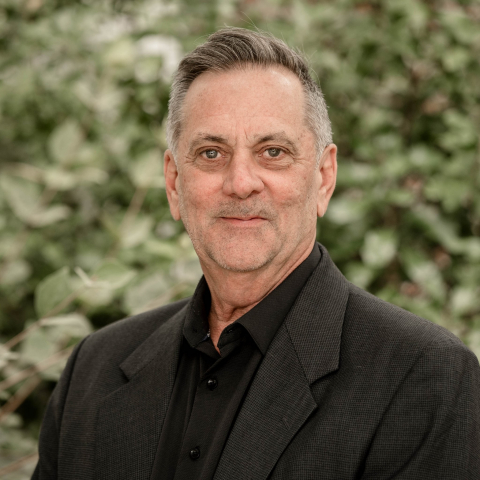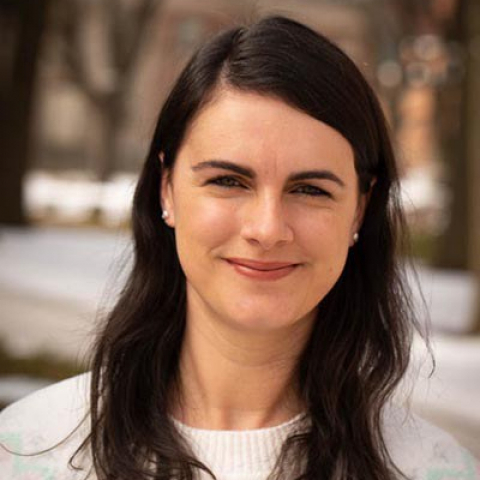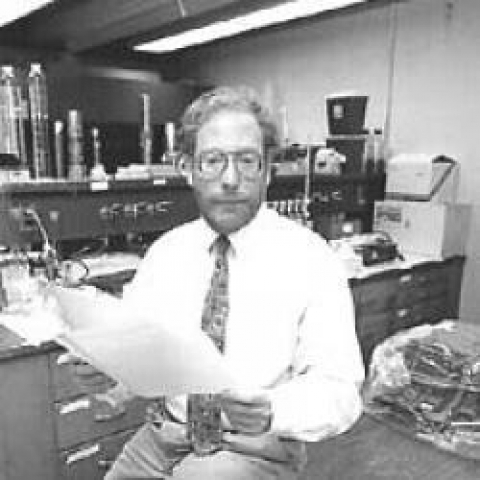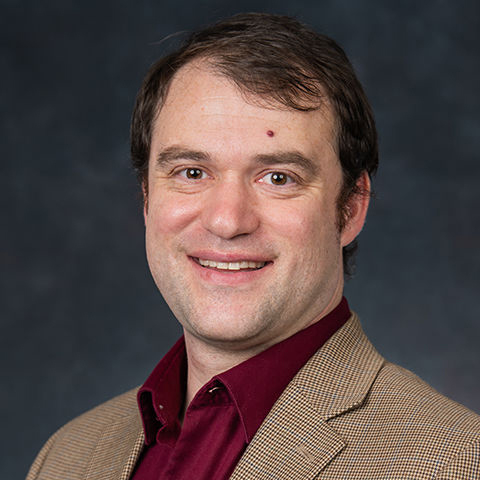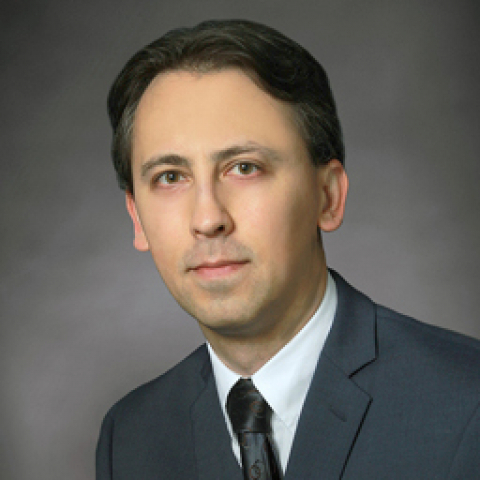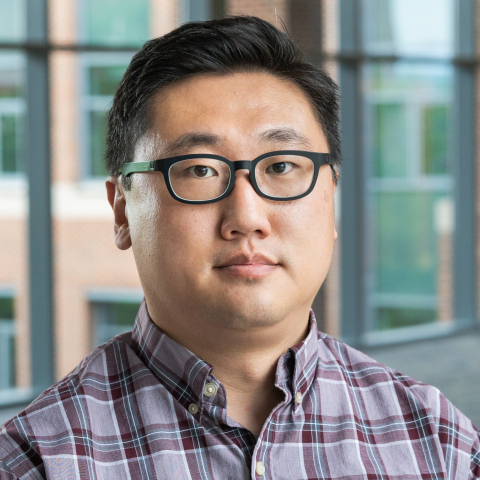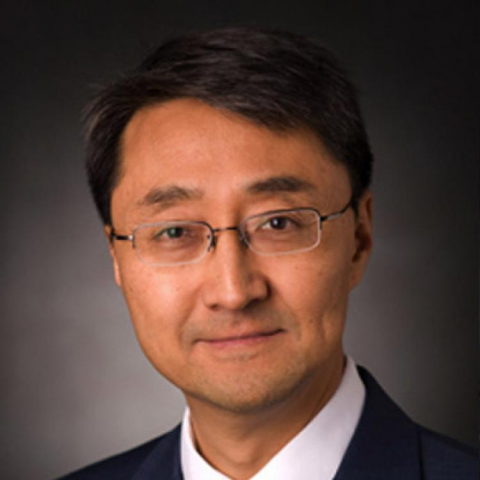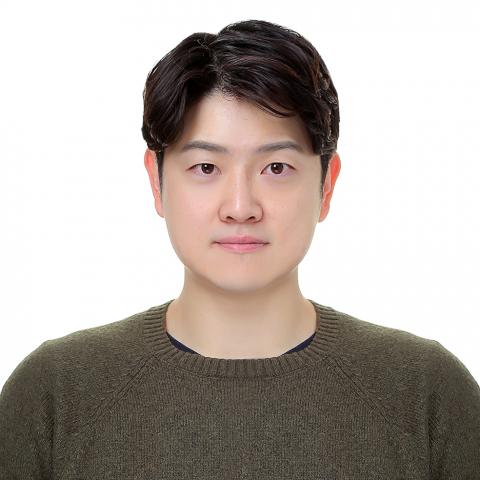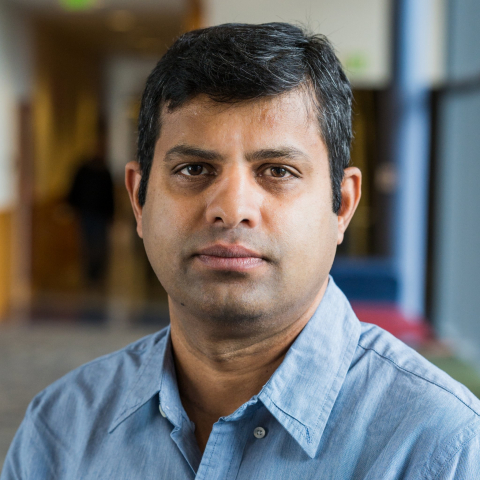People: Faculty
Vivek Kapur
Associate Director, Huck Institutes of the Life Sciences; Huck Distinguished Chair in Global Health; Professor of Microbiology and Infectious Diseases
The basic mechanisms by which pathogenic microbes successfully infect, colonize, and cause disease in their hosts.
Robab Katani
Assistant Research Professor of Global Health
Global health security, infectious diseases, and host-pathogen dynamics, as well as expertise in the enhancement of capabilities in the Low- and Middle-Income Countries, including Tanzania and India.
Rupinder Kaur
Assistant Research Professor
Uncovering the mechanism behind Wolbachia-induced drive system named Cytoplasmic Incompatibility (CI) that results in embryonic lethality when modified sperms from Wolbachia-infected males fertilize eggs from uninfected females. CI is currently at the forefront of approaches targeting pest populations and mosquito-borne viral diseases, and can also impact arthropod speciation.
Margot Kaye
Professor of Forest Ecology
Vegetation dynamics; global change ecology; interactions among vegetation, climate and human land use; dendrochronology; disturbance history; environmental change.
Jason Kaye
Chair, Intercollege Graduate Degree Program in Ecology; Professor of Soil Biogeochemistry
Ecosystem ecology; global change biology; biogeochemistry of nitrogen and carbon cycling in managed and unmanaged ecosystems.
Jason Keagy
Assistant Research Professor of Wildlife Behavioral Ecology
Cognitive ecology (with studies at genome, individual, and species levels). I am particularly interested in applications for solving wildlife management problems
Cheryl Keller
Director, Genomics Research Incubator; Research Professor of Biochemistry & Molecular Biology
Joshua Kellogg
Emphasis Area Representative, Molecular Toxicology; Assistant Professor of Veterinary and Biomedical Sciences
Development of new metabolomics tools for chemical and biological characterization of complex systems. Discovery of new natural products from plants and microorganisms with novel bioactivity against pathogenic fungi and neglected tropical diseases. Bioanalytical techniques to probe the mechanism of action and basic biology of these target organisms. Ethnobotany and indigenous knowledge surrounding plant-based medicine.
Armen Kemanian
Professor of Production Systems and Modeling
Agricultural Systems, Agricultural and Natural Systems Modeling, Soil Carbon and Nitrogen Cycling, Bioenergy Systems, Coupled Hydrologic and Nutrient Modeling, and Plant Competition
David Kennedy
Associate Professor of Biology
Ecology and evolution of infectious diseases, with particular interest in how disease dynamics influence pathogen emergence, virulence evolution, and drug or vaccine resistance.
W. Larry Kenney
Professor of Physiology and Kinesiology
Environmental and exercise physiology, particularly human thermoregulation, skin blood flow, and the biophysics of heat exchange.
Jeremiah Keyes
Assistant Professor of Biochemistry and Molecular Biology and of Biology, Penn State Behrend
The complex signaling networks that control cell responses to stimuli.
Tae Hyun Kim
Huck Early Career Chair; Assistant Professor of Avian Biology
Improving poultry health by applying modern genetic approaches including gene editing. Particular focus on identifying key genes and regulatory elements associated with improved economic traits.
Seong Kim
Distinguished Professor of Chemical Engineering; Professor of Materials Science and Engineering
Taewon Kim
Assistant Professor of Physical Medicine & Rehabilitation and Kinesiology
The neural mechanisms that underlie motor skill learning and rehabilitation following unilateral impairments such as stroke, amputation, or nerve injury.
Girish Kirimanjeswara
Emphasis Area Representative, Immunology and Infectious Disease; Associate Professor of Veterinary and Biomedical Science
Establishing the Virulence Factors
